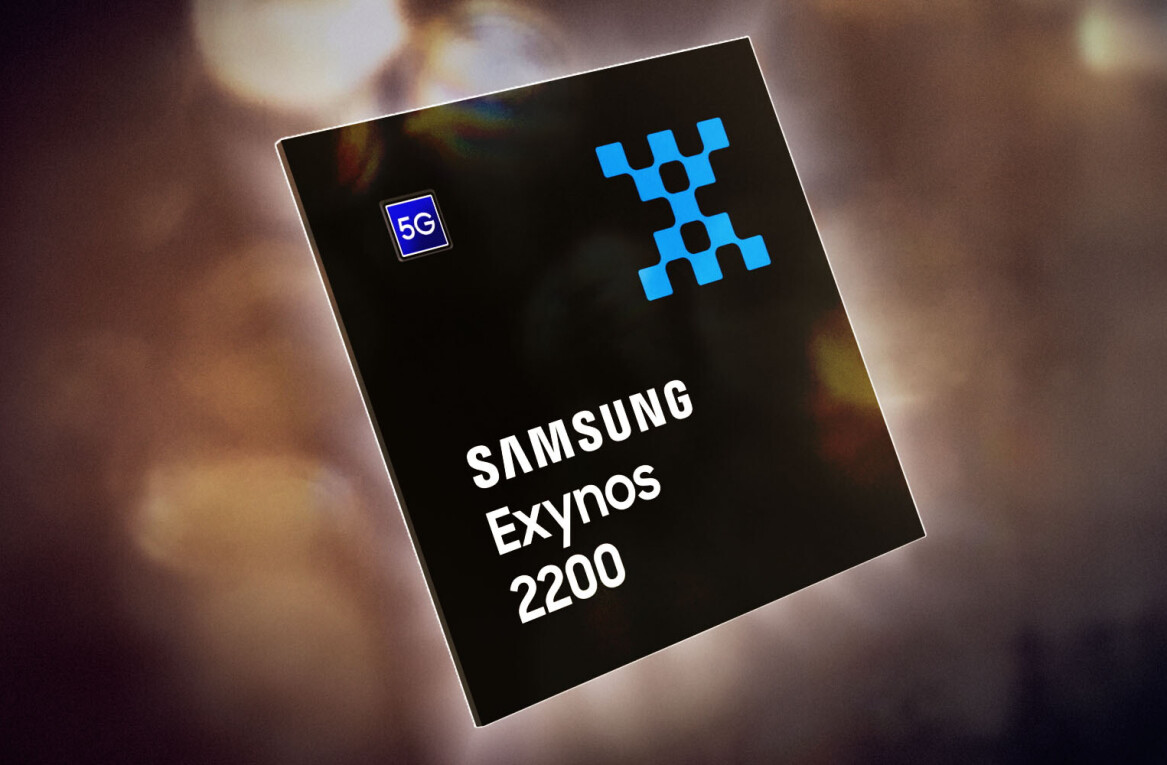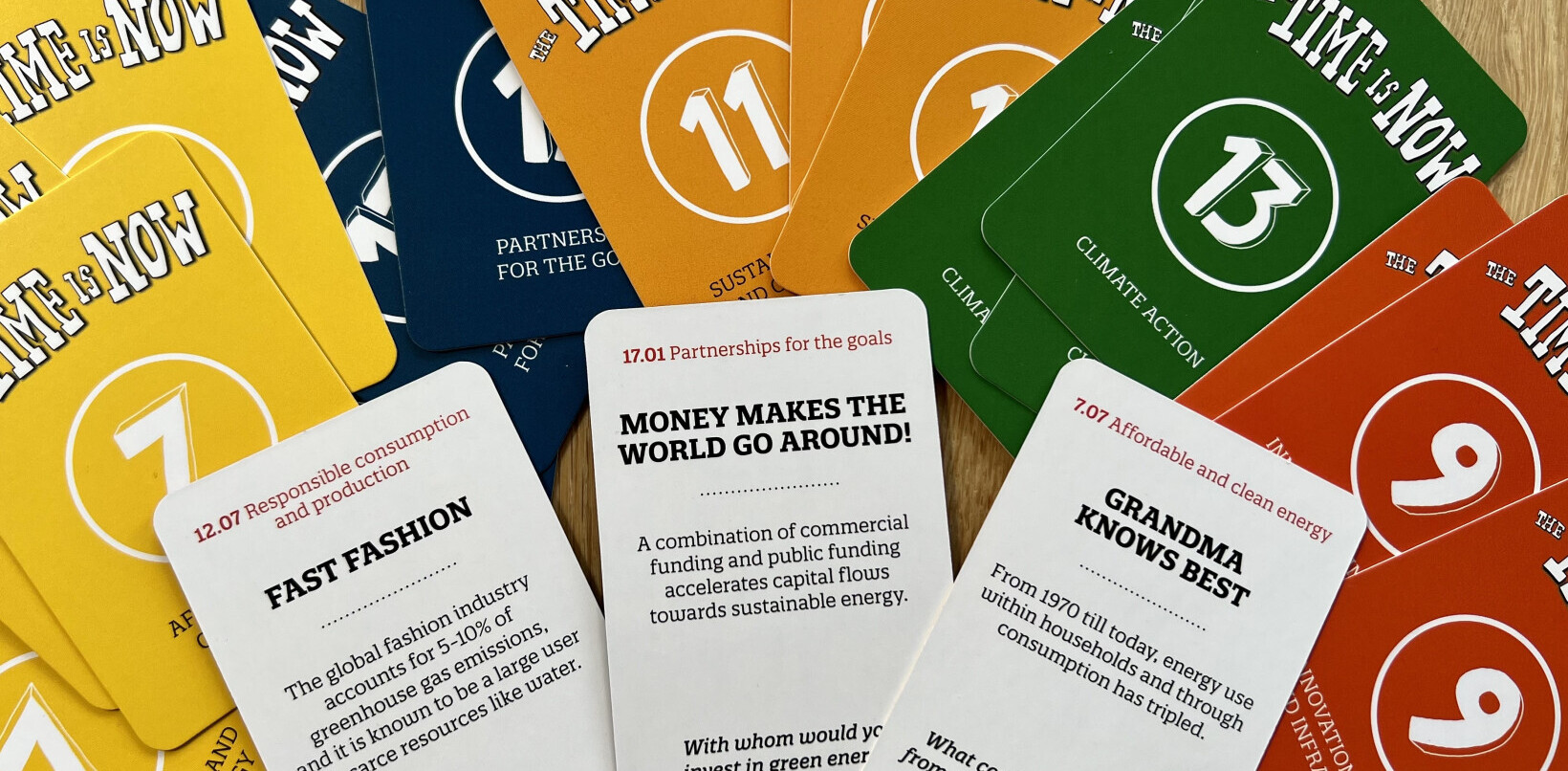Remember last week when we found out China was going to be putting the squeeze on game companies in an effort to combat childhood shortsightedness? And we didn’t know exactly how that’d look because the Ministry of Education were frustratingly vague? Well now we know exactly how it’s going to save its kids eyes: By forcibly limiting their play time.
When it first revealed its initiative, the Ministry said it would be “adopting measures to limit the use time of minors” in video games, in addition to limiting the number of games overall. Now it appears Chinese-based company Tencent is complying.
According to Reuters, Tencent revealed via WeChat updates that users would now have to register their real names to be able to play its popular MOBA Arena of Valor. When they do, those names would be checked against a linked police database that would identify underage players and restrict them to only a few hours of play time a day. Children aged 12 and younger will be allowed one hour of play per day, while children 13-18 get two hours.
Tencent first introduced these limits last year, but the help from a government database is new. That means it’ll be vastly more difficult for underage users to attempt to circumvent the strictures.
I’ll just point out what I did last week: This isn’t going to do much for kids with a genetic predisposition for terrible eyesight, or those who have read lots of small text on a page.
Then again, it might not just be their eyes parents are trying to save. Chinese children — to say nothing of adults — have a penchant for spending a bit too much time on games. At the time Tencent first imposed these limits, a communist party mouthpiece called Arena of Valor “poison.” The game had 55 million daily active users at the time — more than the population of California.
The limits don’t appear to have shifted that number significantly. According to the Shanghaiist, as many as 18 percent of Chinese teens play games at least 4 hours every day. China’s even set up its infamous boot camps designed specifically to break video game addiction, and the kids are still playing video games. So now it’s going directly to the source — Tencent, in this case — in trying to cut kids off.
via Eurogamer
Get the TNW newsletter
Get the most important tech news in your inbox each week.





